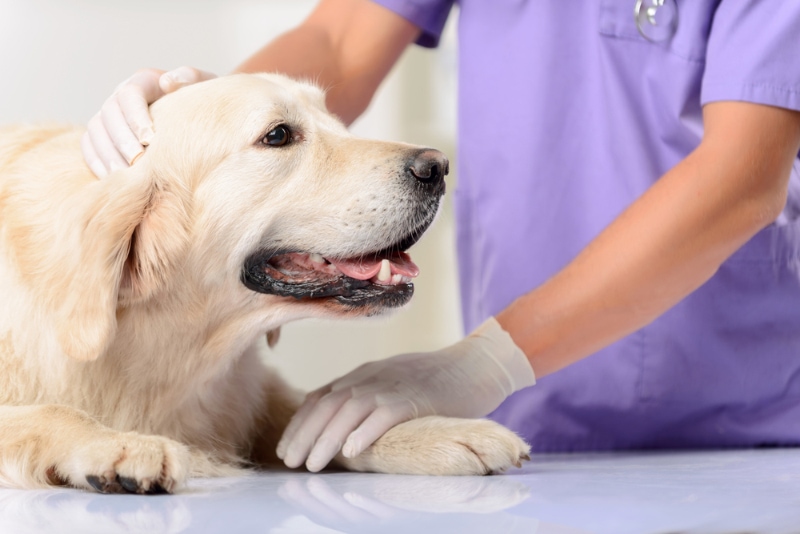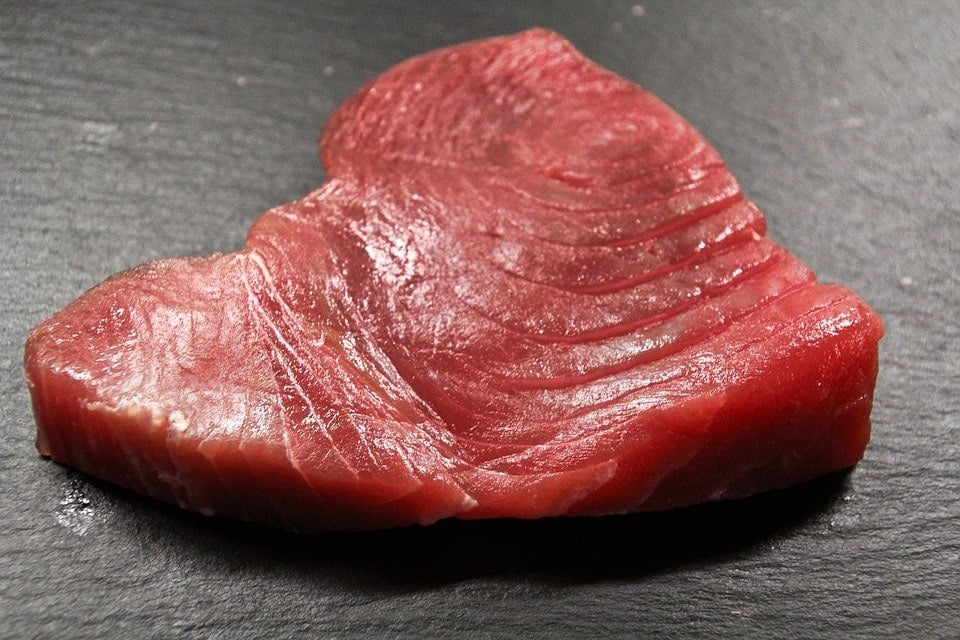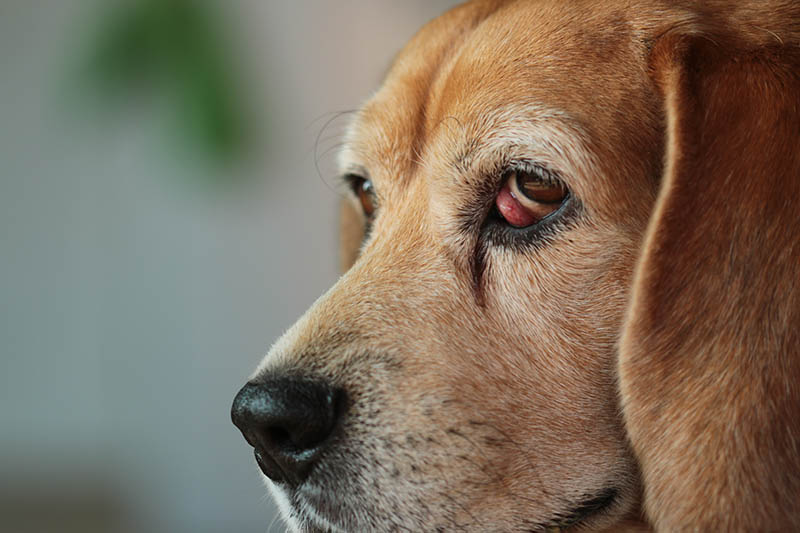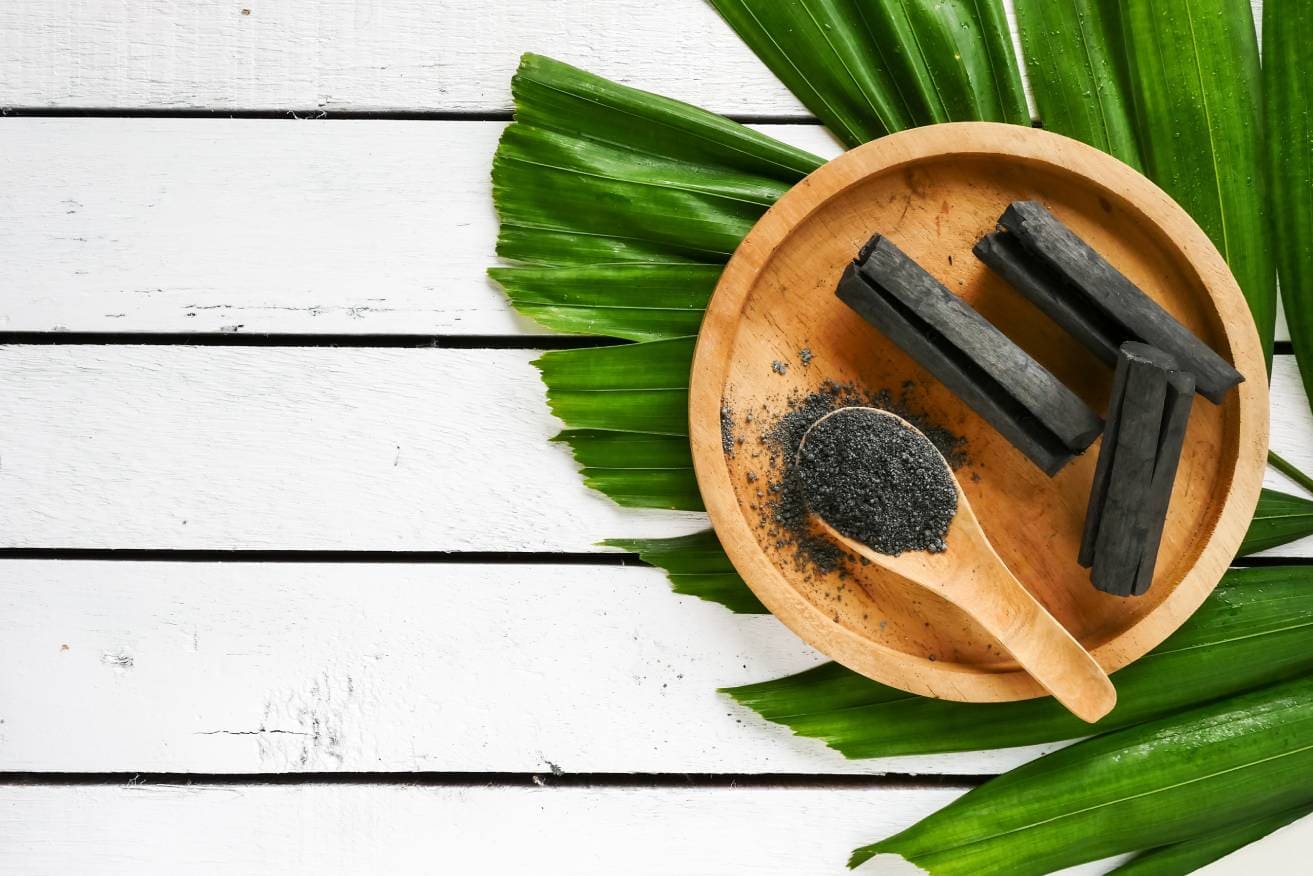My Dog Ate a Chocolate Chip Cookie: Here’s What to Do (Vet Answer)
Updated on

Click to Skip Ahead
As pet parents, we know that chocolate is unsafe for our animals. The dangers are primarily the type of chocolate and the amount consumed for the size of your dog. What happens if your dog eats a chocolate chip cookie? It’s likely that your dog will be fine, especially if they are a large dog that ate a small cookie, but it ultimately depends on how much chocolate it contained and whether it was dark chocolate. Read on to learn more about chocolate and how it can be harmful to dogs.
The Harm of Chocolate
Chocolate toxicity depends upon the type of chocolate, the amount ingested, and the size of the pet. The main toxic properties in chocolate are theobromine and caffeine, which are found in varying amounts in different types of chocolate. For example, dark chocolate is more toxic to pets than milk chocolate. If a small amount of milk chocolate is consumed, such as what’s in a Kit Kat bar or a single cookie, there may not be any ill effects noted. That said, milk chocolate also contains sugars and fats that may upset your dog’s GI tract.

Chocolate Toxicity Calculator
You can check to see if your dog has potentially eaten a toxic amount of chocolate by using the Chocolate Toxicity Calculator.
What Happens If My Dog Eats Chocolate?
If a small amount of chocolate is ingested, such as a single chocolate chip cookie, there may not be any side effects noted. Other times, though, your dog may develop vomiting, loose stools, or diarrhea.
- Diarrhea
- Rapid heart rate and/or abnormal heart rhythm
- Restlessness
- Tremors
- Seizures
- Death
Emergency Contacts
If you are unsure what to do following chocolate ingestion by your dog, contact your nearest emergency veterinarian. They can advise you on next steps and help you determine whether your dog may have consumed a lethal dose of chocolate.
If you can’t get a hold of your vet or your dog is exhibiting multiple clinical signs, please call the Pet Poison Helpline at (855) 764-7661 or the ASPCA Animal Poison Control at (888) 426-4435. Both agencies have toxicology experts available 24/7 who can advise you on what to do. Consultation fees may apply.

Conclusion
You should always make sure chocolate and chocolate chip cookies are kept out of reach of your dog and out of their diet to avoid a potentially dangerous situation. If your dog eats a cookie and you’ve monitored them for 24 hours and they seem fine, they are likely in the clear. Still, it is advisable to follow up with your veterinarian as soon as possible to be sure your dog has not suffered any ill effects from the chocolate in the cookie. If any adverse reactions are noted after cookie consumption, an emergency vet visit will be required, as the situation may be life threatening.
See also:
Featured Image Credit: Juan Luis Muñoz, Pixabay












